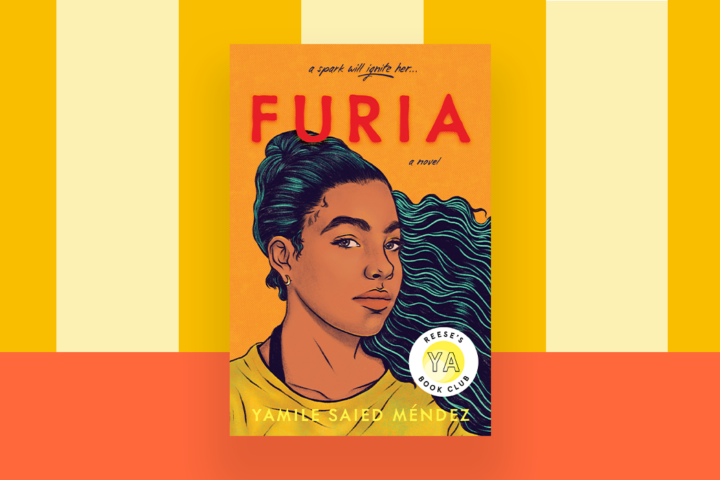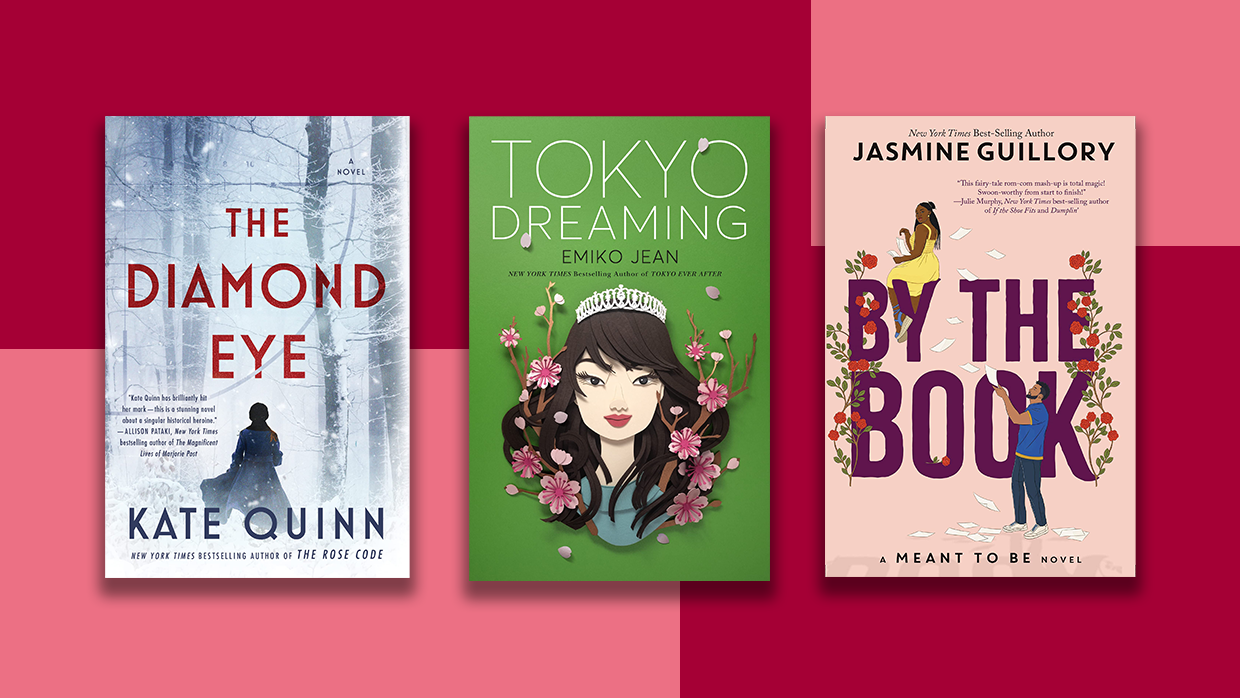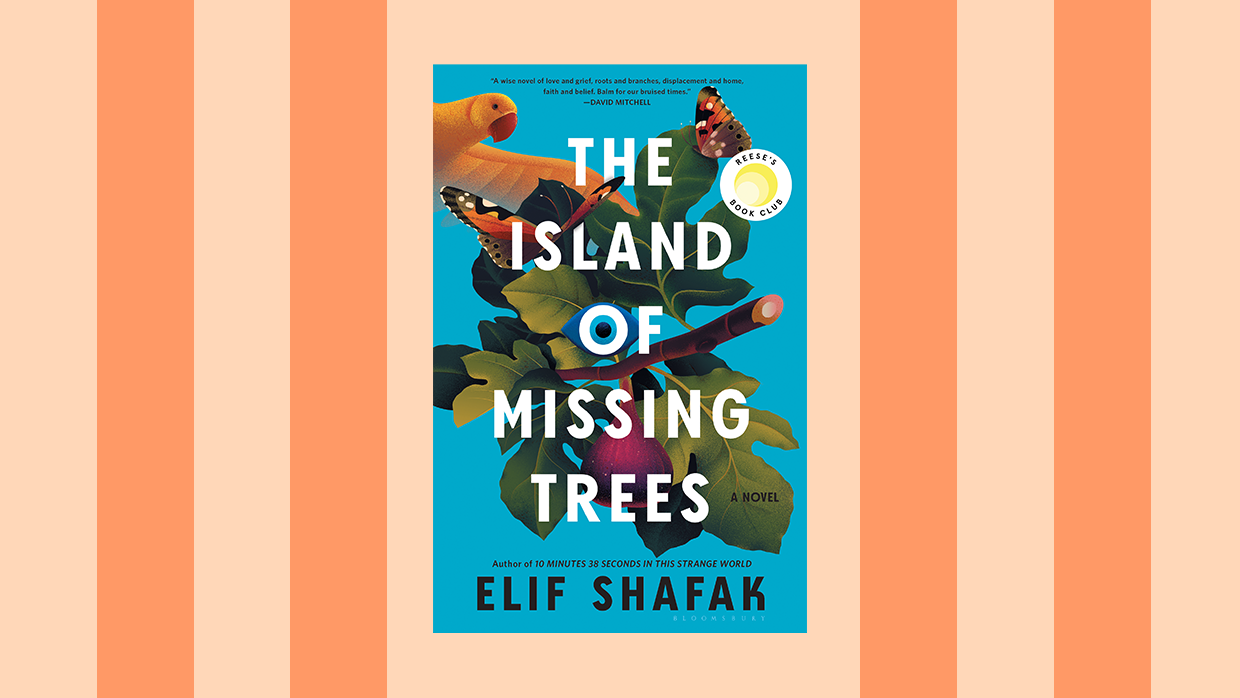To celebrate the paperback release of Furia, Yamile gave us a peek behind the curtain of her editorial process. Read on to see the original version of Chapter 10 and how it was revised to be Yamile’s favorite piece of writing.
Yamile said, “Since I worked on FURIA for so many years before I teamed up with my editors at AYR, it was hard for me to cut one of my ‘darlings.’ I was so attached to this section that after a couple of revisions, even though I knew it didn’t fit into the narrative, I couldn’t see how to fix it. It wasn’t until Sarah’s comment sank in that I finally saw the solution. Her encouragement to add a fun date finally unlocked my problem! I had just been in Argentina, and my memory of all my favorite things to do in Rosario was fresh. Chapter 10 was born and it’s still my favorite piece of writing I’ve ever written.”
The original notes from Yamile’s editor, Sarah Alpert:
“Camila’s desire to break-off her relationship with Diego feels too sudden here. Her romance with Diego has not yet come in conflict with her dreams to be a futbolera, so her actions here are confusing. What if: instead of putting the brakes on the relationship here, Camila and Diego go on an amazing date in this chapter? Take them to the planetarium, and/or other gem and romantic spaces within Rosario. Let readers see and feel just how absolutely wonderful being in love with Diego is.”
Back in Diego’s car, my body vibrated with nerves. He’d said that after Father Hugo’s, we’d go out for some fun. I didn’t know exactly what he had in mind, but I imagined that his plan included more than driving around the city reminiscing about old times.
He must have felt my anxiety because he looked at me and asked, “What?”
I couldn’t speak and look him in the eye, so I turned to the window and watched the falling sun play fantasies in the sky.
“I . . . I don’t know how to say this, but I have to go home. Now.”
Diego took my hand and said, “Why? I thought—”
I carefully pulled my hand away and crossed my arms.
“It’s late, Diego. I have school tomorrow, and you must have somewhere else you have to be.”
There was a small pause, and then he turned the engine on. I looked at him with trepidation. How many times had I seen my father lash out if my mom rejected the rare compliment he threw her way, or when she didn’t accept an invitation grudgingly given? But although he was serious, Diego didn’t look angry. He stared ahead, the light gone from his face, as he drove. Finally he said, “I have six more days in Rosario. Maybe another time?”
“Maybe.” I had no intention of being alone with him again.
Without another word of protest, Diego drove me home, but he took the scenic route. Stalling us for time. “I’ve never seen this before,” he explained.
Neither had I. I’d lived in Rosario all my life, but I hadn’t seen the new esplanade along the Paraná River. It ran all the way from the Flag Memorial behind, past Parque España, the multicolored silos, and the paper boat sculpture in Puerto Norte. It was cold, but the esplanade and the parks around it were crowded with people picnicking, jogging, and riding bikes. Artisans sold their crafts on folding tables. Boats sailed in the river. A group of teenagers fished from a bridge, and another played fútbol. There were even people trying to get the last of the sunshine in their beach chairs on the lawn, everyone with the mate set by their side.
Rosarinians are river people, and they waited impatiently for spring to come back to enjoy it fully.
Diego rolled down the window, and the fishy smell of the golden river cleared my thoughts. It must have cleared his too. He loosened his grip on the steering wheel. His knuckles regained their color.
He drove past the stadium, the giant sign announcing its World Cup class status: ESTADIO MUNDIALISTA GIGANTE DE ARROYITO.
We both hummed, “Un amor como el guerrero,” and just like that, the awkwardness was gone. Once again, we were Camila and Diego, best friends forever.
“It looks beautiful,” he said as the car slipped past the aquarium and Parque Alem.
“It does,” I agreed.
Through Diego’s eyes, Rosario looked magical.
When he turned left to head to el barrio, I asked, “Do you love la Juve as much as—”
“As I love Central?” Although he guessed my question, he didn’t answer right away.
“Well . . . do you?”
He sighed, and his Adam’s apple bobbed up and down as if he didn’t know what to say.
Finally he answered, “I’ve never told anyone this, but yes.” Before I recovered enough to protest, he added, “I never knew that the heart could expand to love different places and clubs so much.” He looked at me then, and his eyes were sparkly like the diamonds in his ears. “Central will be my first love forever, my home, the catapult I needed to become the Titán, you know? And la Juve? Ay, Camila! That place is magical. The people there are sick with futbolitis.”
“Yes, it’s an incurable illness.” I laughed with him, just so I wouldn’t cry instead.
We were both sick with it. It was bigger than everything else in our lives. Diego was my first love. I’d never stopped loving him, and in spite of the silence, the time, and the distance, he felt the same for me. But to get to the next level, each of us had to follow our own path. We ran parallel, and if there was something I’d learned in geometry, it was that no matter how fast or far you run, parallel points never meet.
I had the urge to tell him about me and my team winning the championship, but what if he laughed? I couldn’t bear it, so I didn’t say anything.
Diego continued, “La Juve is the most winning Italian team. The weight on my shoulders when I put the jersey on . . .” He shivered. “It’s something indescribable . . . like I’m possessed. I need to be the best.”
I wanted what he had. I needed to play on a team like that, feel the love of the fans, for the chance to do something impossible and amazing. To be great.
I wanted Diego’s life. But I wanted to live it, not watch it from the sidelines.
The car was slowing down. We arrived at the boundary of the barrio. The beat of cumbia and the scent of cigarettes and weed slithered in through the window. Sometimes I thought the neighborhood boys signed a secret contract to guard the corner of Colombres and Schweitzer when they reached a certain age. For as long as I could remember, there had been a gaggle of boys there smoking and talking.
Diego honked the horn, and cries of recognition and teasing followed us like streamers.
My moment with Diego was gone. Maybe one day this decision wouldn’t hurt so much, but the inevitable goodbye was agony.
When we arrived in front of building number six, I said, “Thanks for driving me to Father Hugo’s. Goodbye.” I leaned in and kissed his cheek, and he put an arm around my shoulders and held me close to him for just a second.
We knew this was the end of something that hadn’t even had the chance to start.
The smell of cologne and leather and skin went to my head. But I turned around and left his arms, left his car, left whatever it was he could give me because I for sure couldn’t give him my all. He was claimed by la Vecchia Signora, a demanding mistress, and I was still chasing mine. Love can be a burden, and I wasn’t ready for it yet.


